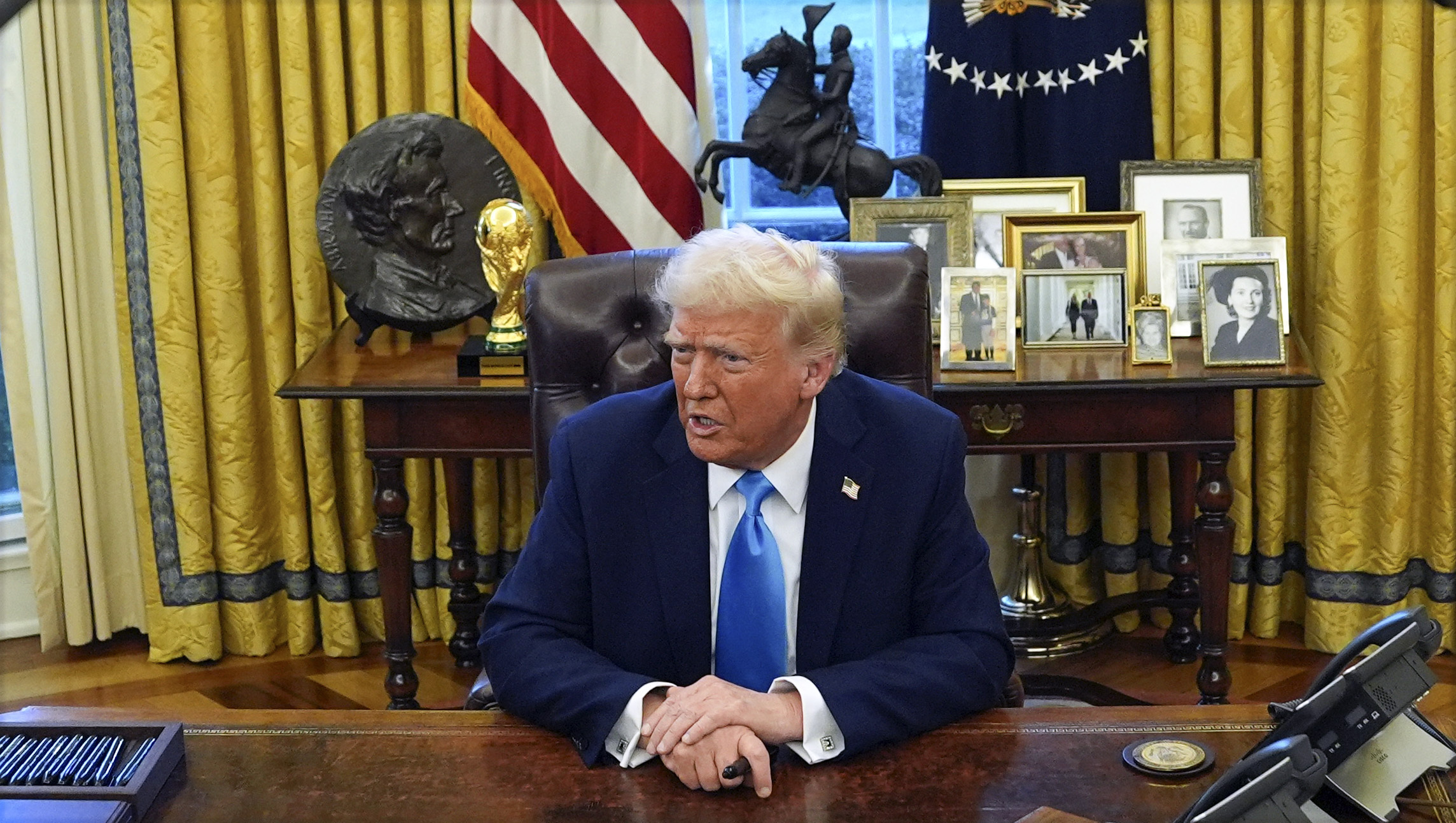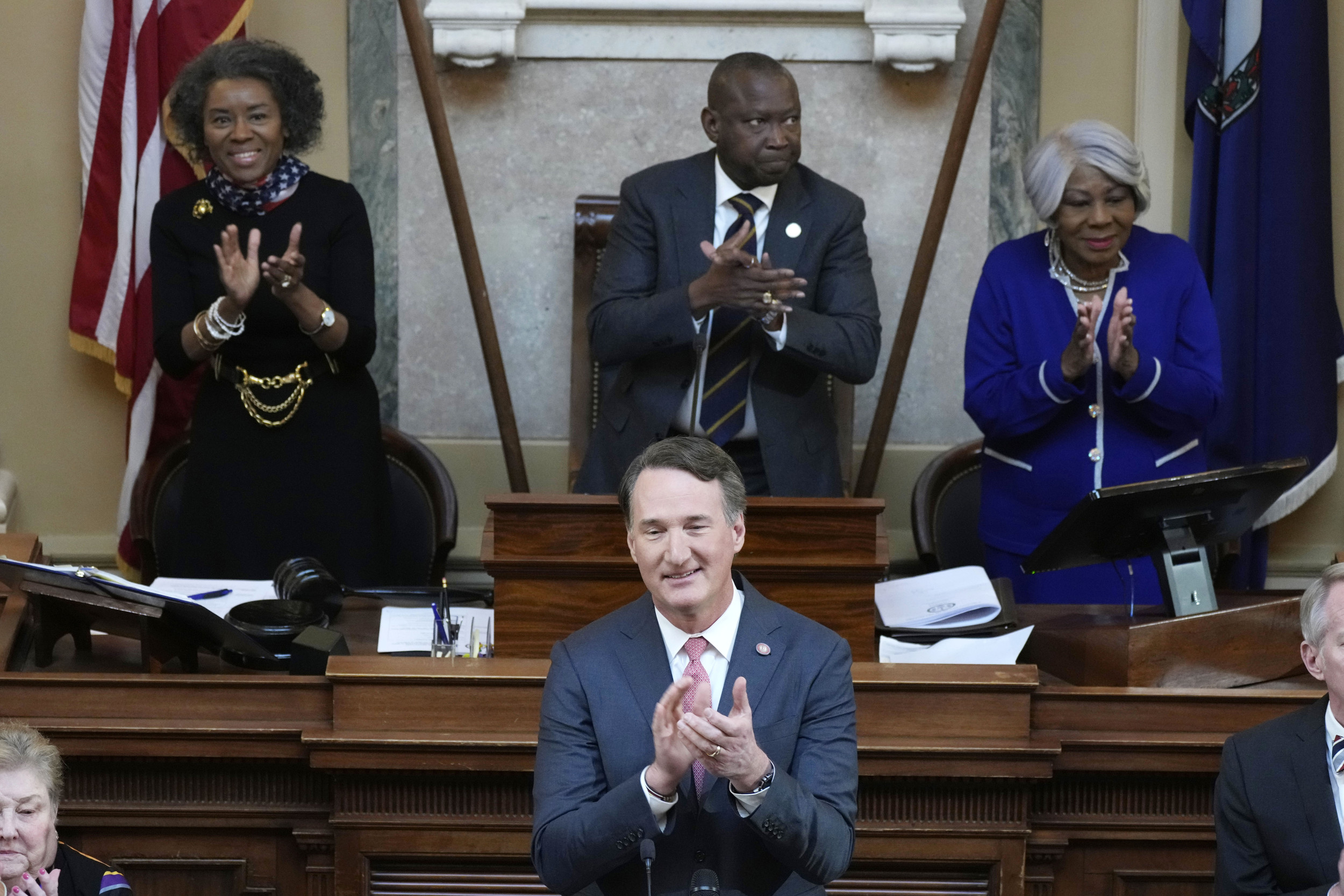The U.S. Postal Service has suspended all incoming parcels from China and Hong Kong as President Donald Trump ramps up the U.S.-China trade war.
Newsweek reached out to the White House, U.S. Postal Service and the Chinese embassy in Washington with emailed requests for comment outside of office hours.
Why It Matters
The announcement came Tuesday as a 10-percent tariff hike on Chinese imports took effect. Trump has defended the increase—and the now-delayed tariffs on Mexico and Canada—as necessary to prevent the deadly opioid fentanyl and other drugs from entering the U.S.
The U.S. has called on China to do more to halt shipments of key ingredients used to make fentanyl. Beijing says it has already intensified its crackdown and says U.S. demand is to blame for the drug epidemic.
What To Know
"Effective February 4, the Postal Service will temporarily suspend only international package acceptance of inbound parcels from China and Hong Kong Posts until further notice," the U.S. Postal Service wrote on its website.
The suspension does not extend to letters and flats.
It may be related to the executive order Trump signed Saturday that ditched the de minimis tax exemption on U.S.-bound shipments valued at less than $800. Excluding Hong Kong, China was estimated to account for one-third of such shipments in 2023, according to the Congressional Research Service.

The National Foreign Trade Council has warned the move would put greater tax and inflationary pressure on small businesses.
Another downside, the trade association warned, would be to "shift the CBP's focus away from the border, where a vast majority of illegal substances and products are entering the country."
China has responded to Trump's tariff increase with export restrictions on strategic metals such as tungsten, an anti-monopoly probe into Google, and planned counter-tariffs on crude oil, machinery and large-engine vehicles.
What People Are Saying
Donald Trump wrote in a February 1 executive order: "The flow of illicit drugs like fentanyl to the United States through both illicit distribution networks and international mail—due, in the case of the latter, to the existing administrative exemption from duty and taxes, also known as de minimis [...] has created a public health crisis in the United States."
Jason Smith, chairman of the House Ways and Means Committee, said in a statement: "President Trump is ensuring that China can no longer avoid applicable tariffs simply by exporting packages with relatively low values [...] The effect of increased abuse of the de minimis privilege has been to deny the U.S. Government collection of billions of dollars in additional revenues while unfairly disadvantaging American manufacturers."
Wu Xinbo, director of the Center for American Studies at Shanghai's Fudan University, told Chinese state media outlet the Global Times: "Many of the small goods they [Americans] purchase from China through online shopping are affordable and of good quality, playing an important role in meeting their daily needs. If this supply is suddenly cut off, it will be detrimental to consumers."
What's Next?
The suspension is likely to impact Chinese e-commerce giants such as Temu and Shein, both of whom have seen their market shares soar in the U.S. in recent years.
The move could also drive up costs and wait times for American consumers, Kate Muth, executive director of the International Mailers Advisory Group, told the Washington Post.
"The expectation is you'll be paying more as a consumer, and it may take a little longer to reach you," she said.




















 English (US) ·
English (US) ·